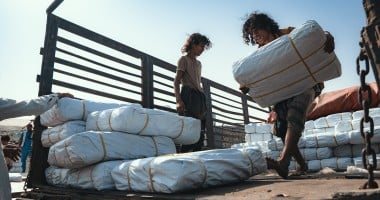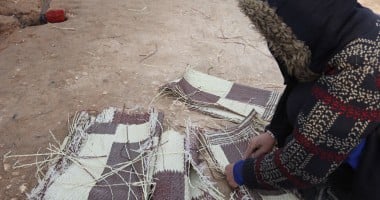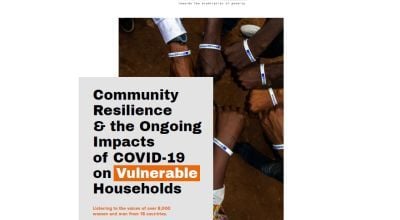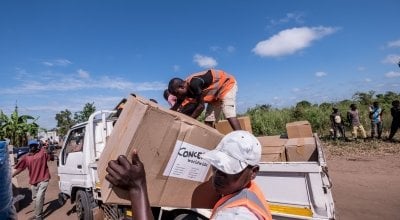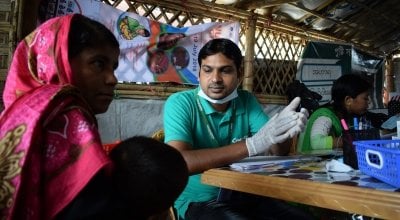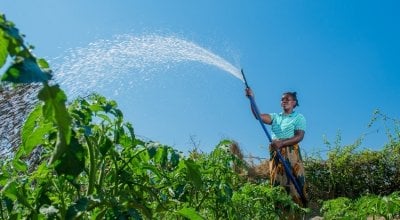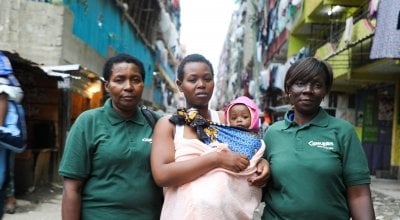
Read our 2024 annual report

Knowledge Hub
Why are we in Syria? Syrians continue to face an uncertain future in 2025. Despite a major political shift in December 2024, millions of civilians are still coping with the effects of the last 14 years of conflict, including destroyed infrastructure, lost educations and livelihoods, vulnerability to disease and natural disasters, and mass displacement.
16.5 million Syrians will need humanitarian assistance in 2025
Following the onset of civil war in 2011, Syria became one of the world’s largest displacement and humanitarian crises year after year, with over 60% of the country’s pre-war population uprooted.
For the more-than-6.2 million Syrians forced abroad, protracted displacement has meant increasing vulnerabilities, financial hardships, and struggles to find work and housing. Many of the 7.4 million Syrians displaced internally have been relocated multiple times over, their vulnerabilities multiplying with each move. At the beginning of this year, the United Nations estimated that 16.5 million people in Syria require humanitarian assistance.
The country’s political shifts in the final weeks of 2024 have led to a new reality that is continuing to develop, with returning refugees and internally-displaced persons (IDPs) as well as ongoing hostilities affecting different parts of the country. Yet the basic needs remain the same: 7.8 million children across the country need education support (including 2.4 million who are out of school entirely), 14.6 million people are facing food security, and nearly as many are also in need of livelihood support and basic water, sanitation, and hygiene services.
Since 2013, Concern has worked both in Syria and in neighbouring countries to meet the needs of communities whose lives have been uprooted, helping them access safe and dignified housing, employment opportunities, education, clean water, and other essentials.
Latest achievements
Food Security
Last year, Concern supported nearly 50,000 people in Syria with monthly food assistance for a span of eight months.
Emergency WASH
Education

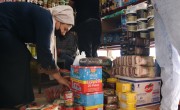
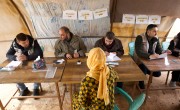

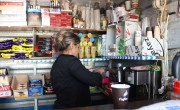
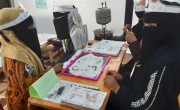
How we're helping in Syria
We are working hard to alleviate suffering in Syria. We are doing this by delivering a multi-sectoral package of support that includes emergency response, education, and water, sanitation, and hygiene (WASH) services.
Latest from Syria

Other ways to help
Corporate support
Is your company interested in working together for a common cause?
Fundraise for Concern
From mountain trekking to marathon running, cake sales to table quizzes, there are lots of ways you can support our work.
Buy a gift
With an extensive range of alternative gifts, we have something to suit everybody.
Leave a gift in your will
Leave the world a better place with a life-changing legacy.
Volunteer with Concern
The lots of ways to get involved with our work as a volunteer
School fundraising
Without the generous support from schools, we wouldn't be able to do the work that we do.


